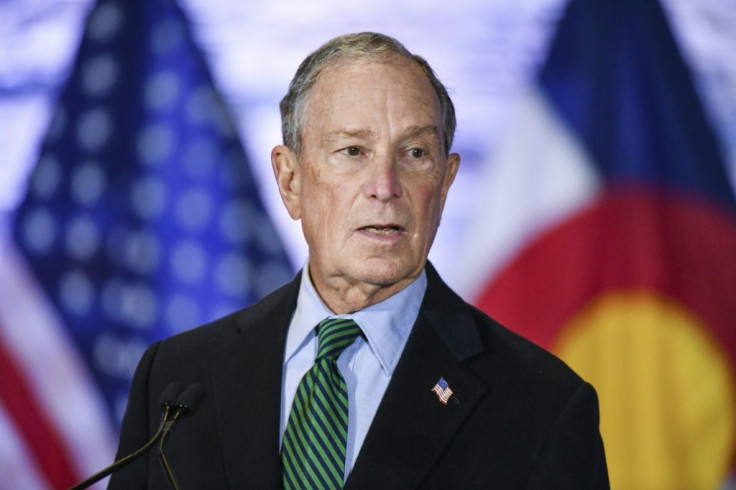Bloomberg Weighing Exit After Lackluster Super Tuesday

KEY POINTS
- Bloomberg to decide on ending campaign on Wednesday
- The former mayor won 45 delegates on Tuesday, placing him in a distant third place
- Bloomberg spent $224 million on advertising in Super Tuesday states alone
For some, like former Vice President Joe Biden, Super Tuesday helped boost their campaign in big ways. For others, like former New York City mayor Michael Bloomberg, it didn’t go so well. As of Tuesday night, Bloomberg is reportedly considering ending his campaign.
Bloomberg managed to secure at least 45 delegates on Tuesday. That leaves him trailing significantly behind both Biden and Sen. Bernie Sanders, I-Vt., who each now have hundreds of pledged delegates. Much of Bloomberg’s campaign counted on Biden’s campaign to flounder on Super Tuesday. As that didn’t happen, Bloomberg will likely see little value in continuing his bid for the Democratic presidential nomination.
Although Bloomberg still has plans to campaign in Michigan and Florida this week, he will be deciding Wednesday whether or not to stay in the race, a campaign insider told Politico. The official word from the campaign and Bloomberg himself have not indicated a possible exit, instead focusing on the silver linings.
“We launched our campaign exactly 100 days ago. In that incredibly short time, we’ve built a nationwide coalition focused on building a better future for America, and that starts with defeating Donald Trump in November,” said campaign manager Kevin Sheekey in a statement Tuesday.
Bloomberg announced his bid for the Democratic nomination just three months ago. In that time, the former mayor spent an unprecedented amount of money – over $550 million – out of his own pocket to fund a massive advertising blitz that blanketed everything from social media to television. It even included a $10 million ad spot aired during the Super Bowl.
Of that, $224 million went to advertising in Super Tuesday states alone – meaning Bloomberg spent nearly $5 million for each delegate won.
The relentless advertising and campaign events had appeared to be paying off, as Bloomberg quickly rose from barely registering on the polls to taking up third place nationally, passing by Sen. Elizabeth Warren, D-Mass., and former South Bend mayor Pete Buttigieg.
As Bloomberg began rising in the polls, he became the focus of a variety of scandals linked to his past. Among other things, this included the use of “stop and frisk” policing while mayor, the revelation that he has an unknown number of former female employees held under nondisclosure agreements and his backing of programs to place Muslims under surveillance.
© Copyright IBTimes 2025. All rights reserved.






















